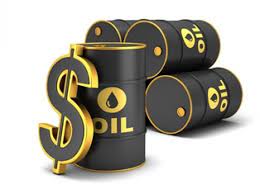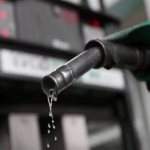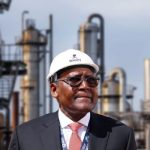A recent report has highlighted that despite Nigeria’s status as an oil-producing nation, citizens pay more for petrol than some more developed oil-producing countries. The country ranks 22nd globally for cheaper petrol prices, yet Nigerians pay more at the pumps compared to nations like Saudi Arabia, Russia, Iraq, Qatar, and Oman, the survey reveals.
According to globalpetrolprices.com, Nigerians currently pay an average of $0.722 (N660.25) per litre, contrasting starkly with Iran’s lowest global fuel price at $0.029 (N26.52) per litre as of this January.
The report also illustrates that countries like Libya, Venezuela, Kuwait, and Saudi Arabia enjoy notably lower domestic fuel costs. Libya, for instance, sells at approximately $0.031 (N28.35) per litre, while Venezuela’s price stands at $0.035 (N32.01) per litre.
However, the data reveals Hong Kong as the highest-priced market for petrol, with a cost of $3.101 (N2,835.77) per litre.
Since Nigeria’s return to democracy, successive governments have grappled with the burden of petrol subsidy payments. The removal of petrol subsidy during the Bola Tinubu administration saw prices soar from around N195 per litre to between N600 to N700 in various parts of the country.
The report notes other countries paying less for petrol, such as Algeria, Kuwait, Angola, Egypt, and Turkmenistan, among others, compared to Nigeria’s current price.
It explains that disparities in petrol prices among countries stem from various factors like taxes, subsidies, crude oil prices, exchange rates, seasonality, and distribution costs.
Despite Nigeria being Africa’s biggest oil producer, it relies on imported petrol due to years of mismanagement of local refineries. The imminent operationalization of the Dangote refinery and the 60,000 bpd Port Harcourt refinery could potentially alleviate the situation in the future.










